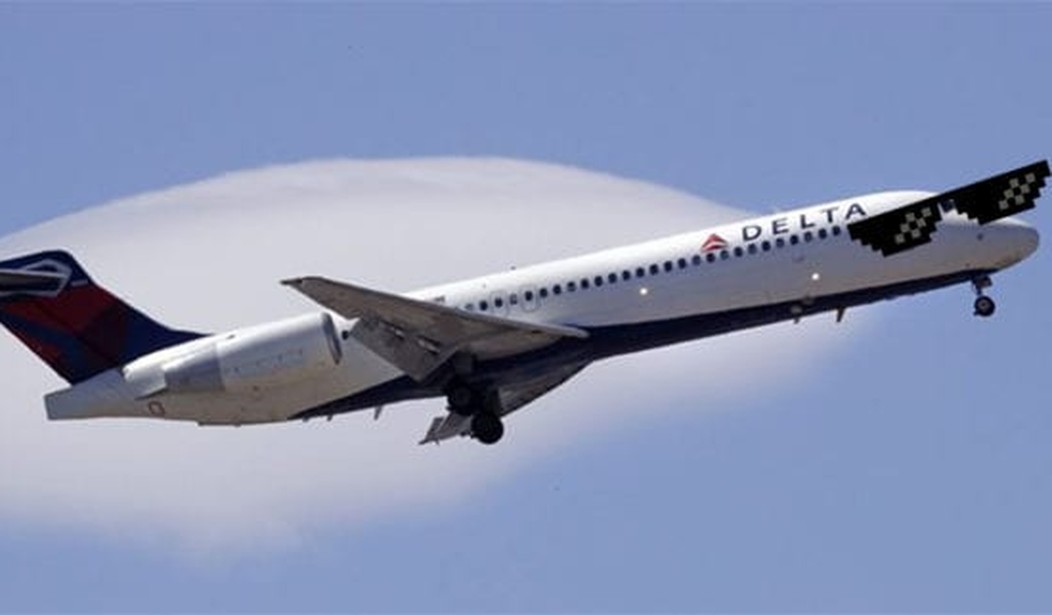
Delta Airlines is trying to prevent the idea of unionization from taking hold within its company, and it’s coming up with arguments to try to convince its employees to reject the idea.
One such way involves telling its employees what they could end up buying for themselves after not having to pay ungodly union dues. One such suggestion is buying the latest video game console and some of the hit games for it.
“Union dues cost around $700 a year,” read the flyer. “A new video game system with the latest hits sounds like fun. Put your money towards that instead of paying dues to the union.”
“It’s your money,” it adds.
And @Delta wins this week's "trigger the left" award. pic.twitter.com/Cs24daAtPL
— Brandon Morse (@TheBrandonMorse) May 9, 2019
Suggesting buying video games over joining a union may seem childish and patronizing, but Delta’s suggestion is far wiser than the left would have you think. Also, the video game option costs less.
As researcher John Lott wrote in 2015, Unions tend to create more problems than they solve, especially for the workers within:
Unions are harmful because they act as monopolies. If the union members won’t work, the law makes it extremely difficult for anyone else to step in and do their jobs. As a result, union workers have little competition — so they can demand higher wages and do less work.
By threatening to stop work if companies don’t pay employees more, unions force companies to layoff some workers. That hurts some union workers. Unions don’t just pit workers against employers. They pit a select group of workers against consumers, stockholders, and other workers. Unions don’t even make agreements that are in the interest of all their own workers, just those in the majority, usually just older workers with more seniority.
Suppose demands for higher wages or benefits means 20 percent of unionized workers would be fired. That isn’t such a hard decision for a union. Twenty percent of its members will oppose the agreement, but they won’t be union members for long. Most of the remaining 80 percent are likely to support the agreement.
Then there’s the problem that unionized employees create stagnation within a business, as John Stossel pointed out, and major networks who were once unionized kicked the union to the curb as it was stifling growth and competition:
Unions once helped advance working conditions, but now union rules hurt workers because they stifle growth by making companies less flexible. When I arrived at CBS, I was stunned to discover that I couldn’t even watch a video in a tape player without risking a grievance being filed by a union editor, saying I’d encroached on his job. Work ground to a halt while we waited for a union specialist to press the “on” button. ABC and CBS, being private businesses that had to compete, eventually got rid of those rules. But it took years.
Also, Delta has seen what happens to airlines that unionize. Pan Am and TWA were both unionized, and Pan Am and TWA are both gone.
If you ask me, Delta’s suggestion that their employees buy video games instead of joining the union is actually a solid example of its company looking out for its workers.














Join the conversation as a VIP Member